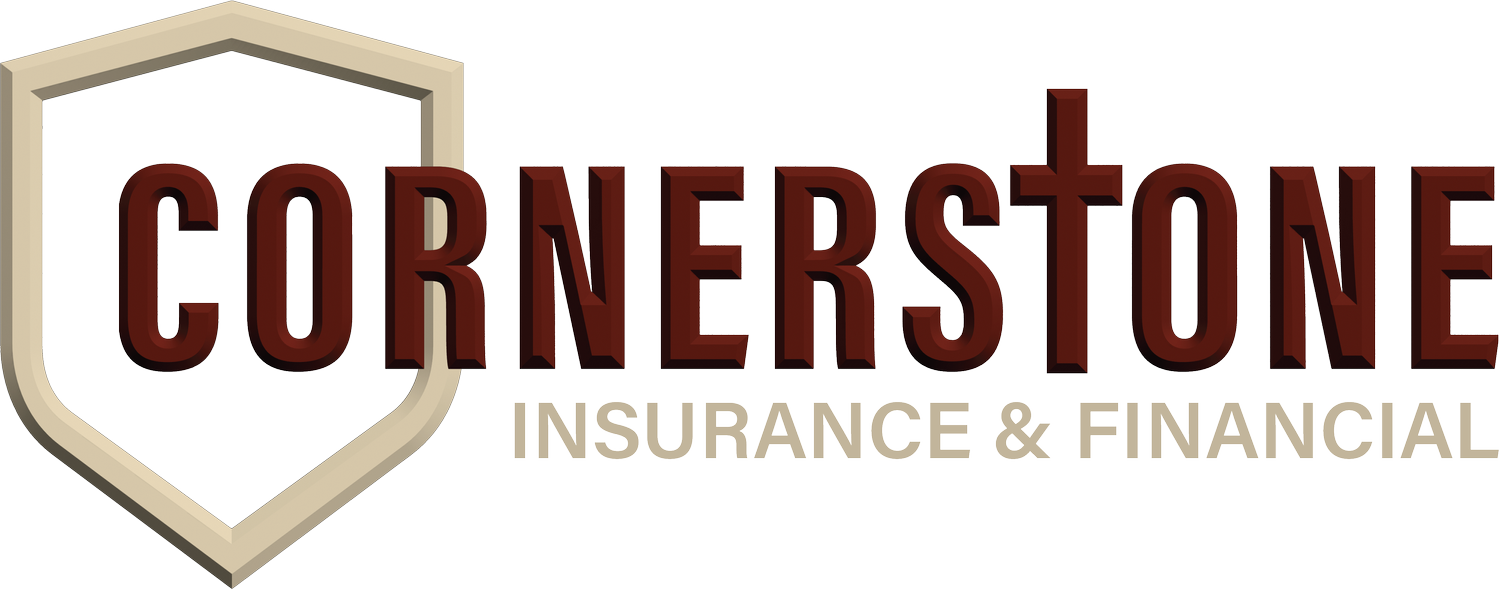Types of Business Insurance: What Coverage Do You Need?
There are many types of business insurance, each designed to protect your business against a different financial risk. From lawsuits to car crashes to natural disasters, business insurance can help keep your company afloat when accidents happen.
Most businesses need general liability insurance, and your state’s laws may require workers’ compensation insurance and commercial auto insurance. But you may need other types of coverage depending on what your business does, where it operates, what kinds of assets you have and other factors.
Here are the most common types of business insurance and what each covers so you can determine which is right for you.
What are the types of business insurance?
You may see business insurance policies organized into packages based on your industry, like cleaning business insurance or independent contractor insurance. In general, those packages include some combination of the following coverage types.
General Liability Insurance
General liability insurance is a core component of business insurance. It protects you from lawsuits filed by people outside your company alleging that your business caused bodily injury, property damage or harm to a reputation. All businesses should have general liability insurance.
Risks it protects against: Lawsuits filed by people outside your company, like customers.
Costs it covers: In case of a lawsuit, legal defense and settlement costs, if any. In case of injuries on your property, medical bills.
Commercial Property Insurance
Commercial property insurance pays out for damage or loss to physical property such as an office building or inventory because of things like fire or lightning. Some causes are usually excluded — for instance, damage caused by flood or water — but you may be able to add endorsements that extend your coverage if you face particular risks.
Risks it protects against: Damage to your building, inventory, equipment or other property caused by natural disasters or other covered accidents.
Costs it covers: Repairing or replacing your damaged property.
Business Income Insurance
Business income insurance, also called business interruption insurance, financially protects you in the event of a covered disaster or situation that prevents you from operating your business. This insurance can reimburse you for lost business income, rent, payroll and taxes.
Risks it protects against: Loss of revenue when your business is forced to close, like in the weeks after a natural disaster.
Costs it covers: Lost business income. If extra expense coverage is included, it may also cover the cost of renting temporary space or hiring temporary staff.
Workers’ Compensation Insurance
Workers’ compensation insurance protects you from lawsuits or claims resulting from employee injuries that occur at work or as a result of the nature of their work. The coverage is required by law for most businesses, though workers’ comp requirements vary by state.
Risks it protects against: On-the-job injuries.
Costs it covers: The injured employee’s medical expenses, plus their income during the time they can’t work.
Professional Liability Insurance
Professional liability insurance protects you from customers or patients who may seek to sue you for real or perceived damages resulting from mistakes you made in doing your job. This type of liability insurance complements your general liability coverage by insuring events or incidents that are not covered under that policy.
Risks it protects against: Lawsuits from dissatisfied clients.
Costs it covers: Legal representation and settlement costs, if any.
Cybersecurity Liability Insurance
Cyber liability insurance is designed to protect you and your company if your digital data is compromised. This insurance — which is sometimes available as an add-on to a business owner’s policy or general liability insurance — typically covers your operational expenses as well as expenses incurred by customers whose online security was affected.
Risks it protects against: Data and other cybersecurity breaches.
Costs it covers: Varies depending on the policy. Cyber insurance can cover the cost of recovering your data, improving your digital security and even public relations expenses for restoring your company’s reputation.
Commercial Auto Insurance
Commercial auto insurance is similar to personal auto insurance, except it covers your company vehicles or your personal vehicle while you’re doing business. In the event of an accident in which your company is at fault, commercial auto insurance can pay for:
The medical bills of injured drivers and passengers.
Repairs to your car or the other driver’s car, depending on who is at fault.
Vehicle damage resulting from other causes, like theft, vandalism, flood and fire.
Risks it protects against: Auto accidents and other damage to company vehicles.
Costs it covers: Medical payments and the repair or replacement of your vehicle.
Commercial Umbrella Insurance
Business umbrella insurance kicks in after you’ve maxed out your liability coverage for a particular incident. It’s a good idea for large businesses that could be sued for significant sums.
Risks it protects against: Large lawsuits in which settlements can’t be covered in full by general liability insurance.
Costs it covers: Settlement costs.
Key Person Insurance
If you or another core employee dies or becomes unable to work, key person insurance can be used to pay for lost business income, hire a replacement or cover similar expenses related to the loss of an executive.
Risks it protects against: Operational difficulties if a key member of the business leadership dies or can no longer work.
Costs it covers: Varies depending on the policy. Key person insurance can make up for lost income, pay for finding and hiring a replacement or cover other related costs.
Directors and Officers Insurance
D&O insurance protects members of your board of directors and executive leadership team if they’re named in lawsuits against the company.
Risks it protects against: Lawsuits that threaten the personal finances of executives and board members.
Costs it covers: Reimburses directors and officers for legal settlement costs.

